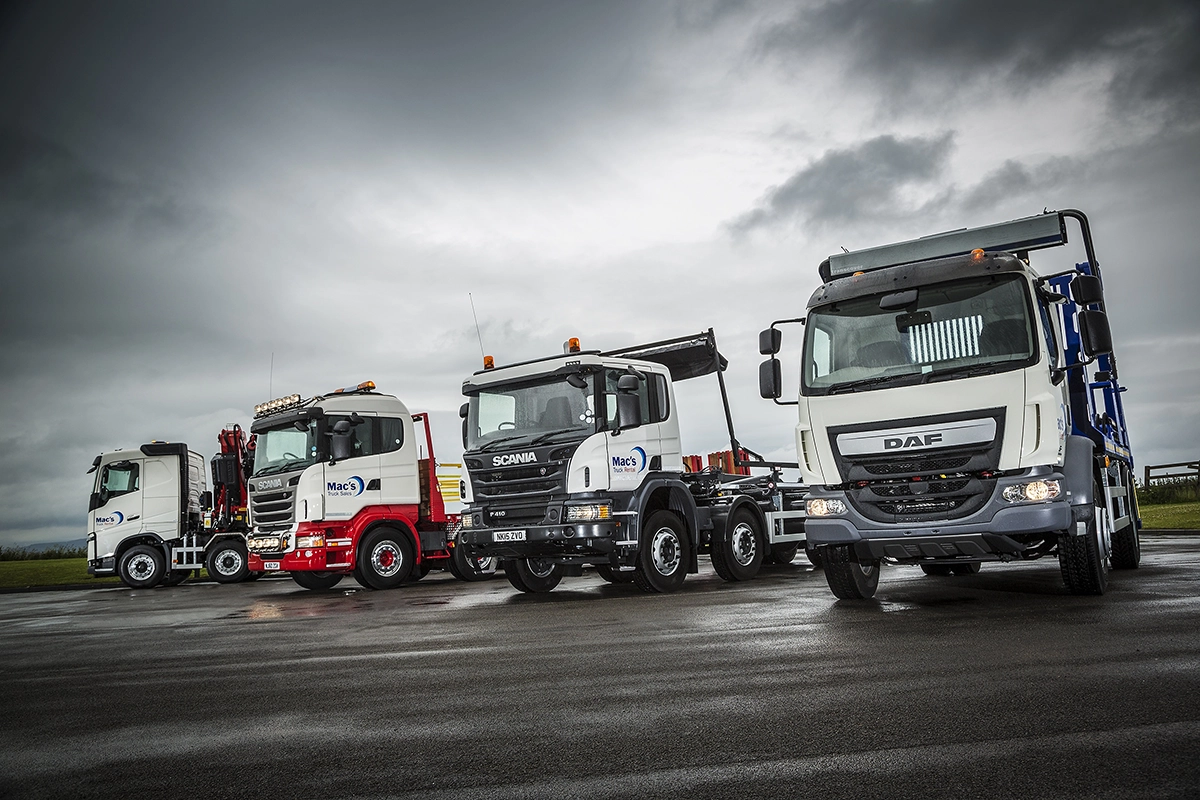Over the past 22 months hauliers have had to learn to adapt quickly to changes not only due to the UK leaving the EU but also due to the consequences of coronavirus. The 31st of January 2020 is certainly a date many won’t forget as this was the day everything changed within the UK.
According to figures from the Office for National Statistics (ONS), published in their Business Insights and Impact on the Economy report, the trucking industry has been hit hardest, as the predominant mode of moving goods in and out of the UK. Compared to 2019 Q1 (January to March) imports and exports fell by 24.2% and 11.7% in turn. However, it is unclear on the longer term impacts and trends due to the pandemic and Brexit impacting at the same time. Between May and June 2021, businesses reporting the pandemic as a main cause of change within the trade industry increasing to 42.5%; in comparison to Brexit being named (13.9%).
With the coronavirus pandemic imposing national lockdowns and travel restrictions on businesses. Then the end of the EU transition period on 31 December 2020 the haulage and trucking industry has suffered. New work permits and visas have had a huge impact on business’ travelling to Eu countries. The industry has had to contend with higher costs and pricing, extra administration and red tape, and more port delays and border checks. From the “business insights and impact on the UK economy” report 21st October 2021 edition, within the “Transportation and storage” category 76.7% of businesses are fully trading. However, 6.4% are partially trading, 8.1% have paused trading but intend to restart in the next two weeks and 4.5% have permanently eased trading.
Supply Chain Disruption & Driver Shortages
One of the most significant effects of Brexit on the trucking industry is supply chain disruption caused by lengthy delays at British ports as custom checks are conducted. These delays have and continue to create challenges for the manufacturing and food industries. The result is many businesses in the trucking industry actively avoiding working with clients that produce food and drink.
The customs changes are the result of the end of free trade between the UK and the EU. Logistics companies find themselves dealing with more paperwork and having to meet stricter standards when moving livestock and restricted goods across borders. Declarations, export health certificates, and complicated duty rules all cost time and money, and many trucking firms experienced stranded drivers and loads due to having the wrong paperwork.
Furthermore, driver shortages are another factor contributing to problems in the trucking industry. The shortage of drivers could not have come at a worse time, with consumer demand up by 120%, as e-commerce thrives due to the pandemic. The scale of the driver shortage issue is quite startling, with the Road Haulage Association (RHA) putting the deficit at more than 100,000 qualified drivers in the UK. While there have not been enough truck drivers in the industry for a long time, Brexit exacerbated the problem.
HGV driving is not classed as a skilled occupation under the UK’s new immigration system, making many EU citizens in the UK with this occupation not eligible to remain. Since Brexit the number of EU citizens who were living and working in the trucking industry within the UK has dropped from 39,000 to 24,000. Clearly, there are opportunities for UK residents to start a career in truck driving. However, COVID once again made such a move difficult, if not impossible. Backlogs and restrictions meant that 25,000 fewer HGV driving tests took place last year in the UK.
All of these supply chain issues have resulted in haulage firms raising their transportation fees. According to research from Haulage Exchange, almost three-quarters of firms working in the trucking industry have already increased prices, with the remainder expecting to do so in the near future.
An EU Based Business Move
Many small and medium-sized businesses were unprepared for the challenges Brexit caused, with many temporarily or permanently halting the sales of goods and materials into the EU.
The impact is so significant that more than half of all UK haulage firms have considered moving their operations to the EU. The study further highlighted that more than half of those surveyed had already moved at least some parts of their operations to the European Union.
If your trucking firm is expanding its fleet to capitalise on a rising demand, and increasingly extremely long lead times from main dealers Mac’s can help. We have a range of chassis in stock or already in build that we can design and build to your exact requirements. For more information on how we can help please contact our expert rental or sales team on 01422 761 878.













